Ep. 225 | The History of Tang Poetry (Part 8)
Our 8-part series on the history of Tang Poetry concludes with this episode that looks at three more poets, Li He, Du Mu, and Li Shangyin. And for an encore, Laszlo will recite poems from all three of these greats.
The Late Tang period of Chinese poetry was marked with all the signs of an imperial house in decline. It was a sad and melancholy time and quite a few Late Tang poems expressed the hopelessness felt during these sorrowful years.
Listen On Your Favorite Podcast Player
Terms in Episode
| Pinyin/Term | Chinese | English/Meaning |
|---|---|---|
| Ānhuī | 安徽 | Province to the west of Jiangsu and Zhejiang |
| Bái Jūyì | 白居易 | 772-846, poet who lived during the Middle Tang period featured in Part 7 |
| Cháng’an | 长安 | Ancient capital of more than a few dynasties/ Present day Xian |
| Dà Lǐ Dù | 大李杜 | Big or Great Lǐ and Dù (referring to Li Bai and Du Fu) |
| Dézōng | 德宗 | Tang emperor who reigned 779-805 |
| Dù Mù | 杜牧 | One of the great poets of the Late Tang. Lived from 803-852 |
| Dù Yòu | 杜佑 | Grandfather of Du Mu the Grand Councilor for emperor Dézōng |
| Fánchuān | 樊川 | City around present day Xīān…in the Cháng’ān district just south of the city |
| Guǐcái | 鬼才 | the talent of the devil |
| Hànlín Academy | 翰林院 | The Hanlin Academy, established by Xuanzong during his splendid reign |
| Hán Yù | 韩愈 | One of ancient China's greatest masters of prose literature. Also a great statesman and Neo-Confucian pioneer. Lived 768-824 |
| Húběi | 湖北 | Province just to the north of Hunan |
| Jinshi | 进士 | The most important exam of the imperial examination system. Also called the Metropolitan Exam |
| jiānbǐng | 煎餅 | One of the all-time great Northern Chinese street foods. A fried pancake with various sauces and fillings |
| Jiāngsū | 江苏 | Coastal province in central China |
| Jiāngxī | 江西 | Province in China, east of Zhejiang and Fujian, north of Guangdong, west of Hunan and south of Hubei |
| juéjù | 绝句 | A poem of four lines of five to seven characters per line, with a strict tonal pattern and rhyme scheme. Also known as a quatrain |
| Kāiyuán Era | 开元盛世 | The second era of Xuanzong's reign, 713-741. Also referred to in poetry as the period of the High Tang |
| Lèyóu Yuán | 乐游原 | The Plains of Lèyóu |
| Lí Sāo | 离骚 | Qu Yuan's masterpiece, Li Sao, "Encountering Sorrow" |
| lüshī | 律诗 | Regulated verse poem |
| Lǐ Bái | 李白 | One of the greatest poets and certainly the most famous one in China. Lived 701-762 |
| Lǐ Hè | 李贺 | Poet from the Mid-Tang. Lived around 790-816. Considered a bit strange during his time |
| Lǐ Shìmín | 李世民 | One of China's greatest emperors, reigned 626-649 |
| Lǐ Yuān | 李渊 | Also known as Tang Gaozu, founder of the Tang Dynasty with a little help from Li Shimin (see below) |
| Mèng Tiān | 梦天 | Li He Poem Dreaming of Heaven |
| Míng | 明朝 | Dynasty in China that ran 1368-1644. Last imperial dynasty with the Han's in charge |
| Qiǎn Huái | 遣怀 | Du Mu Poem Dispelling Sorrows |
| Qīng | 清 | Last imperial dynasty of China that lasted from 1644-1911 |
| Qīng Lái | 清来 | The Du Mu poem Qīngmíng Festival |
| Qū Yuán | 屈原 | Chu poet and official who lived from around 340 to 278 BCE. Earliest composer of Cí lyric poetry |
| Réncái | 人才 | talent |
| Shěn Zǐmíng | 沈子明 | Close friend of Li He who was entrusted with Li He's poems on his deathbed |
| Shīguǐ | 诗鬼 | the poet demon or devil, Li He's nickname |
| Shīshèng | 诗圣 | the Poet Sage, another name for Du Fu |
| Shīxiān | 诗仙 | the Poet Immortal, another name for Li Bai |
| Sòng | 宋朝 | Chinese dynasty that ran 960-1279, both Northern and Southern Song |
| Sān Lǐ | 三李 | The Three Lǐ’s Lǐ Bái, Lǐ Hè,Lǐ Shāngyìn |
| Táng Shī Sānbǎi Shǒu | 唐诗三百首 | “Three Hundred Tang Poems" |
| Tōngdiǎn | 通典 | 200 chapter work gives a very detailed picture of Tang dynasty institutions, laws, rites and military affairs. |
| Wáng Wéi | 王维 | Another one of the greatest Tang poets. Lived from 699-759, a contemporary of Li Bai and Du Fu |
| wútí | 无题 | Wútí means no title |
| Wǎn Táng | 晚唐 | Late Tang |
| Xiǎo Lǐ Dù | 小李杜 | Little or Lesser Lǐ and Dù (referring to Li Shangyin and Du Mu) |
| Xuē Tāo | 薛涛 | Great Tang poet discussed in this episode. She lived 770-832. If you use personal or social stationery, thank her. |
| Xīn Táng Shū | 新唐书 | the New Book of Tang |
| Yuán | 元朝 | Dynasty, founded by Kublai Khan, in China 1271-1368 |
| Yuán Zhěn | 元稹 | Tang Dynasty poet, official, all-around literary great and BFF of Bai Juyi. Lived 779-831. Was also said to be the decade-long lover of Xue Tao |
| Yángzhōu | 扬州 | City on the Yangzi River across from Zhenjiang and west of Taizhou in Jiangsu Province |
| Yíyáng County | 宜阳县 | A county just to the west of Luòyáng |
| Zhào Kuāngyìn | 赵匡胤 | Also known as the Song Emperor Taizu, founder of the dynasty. Reigned 960-976 |
| Zhèjiāng | 浙江 | The province next door to Jiangsu to the south |
| Zhèngzhōu | 郑州 | City in Henan |

































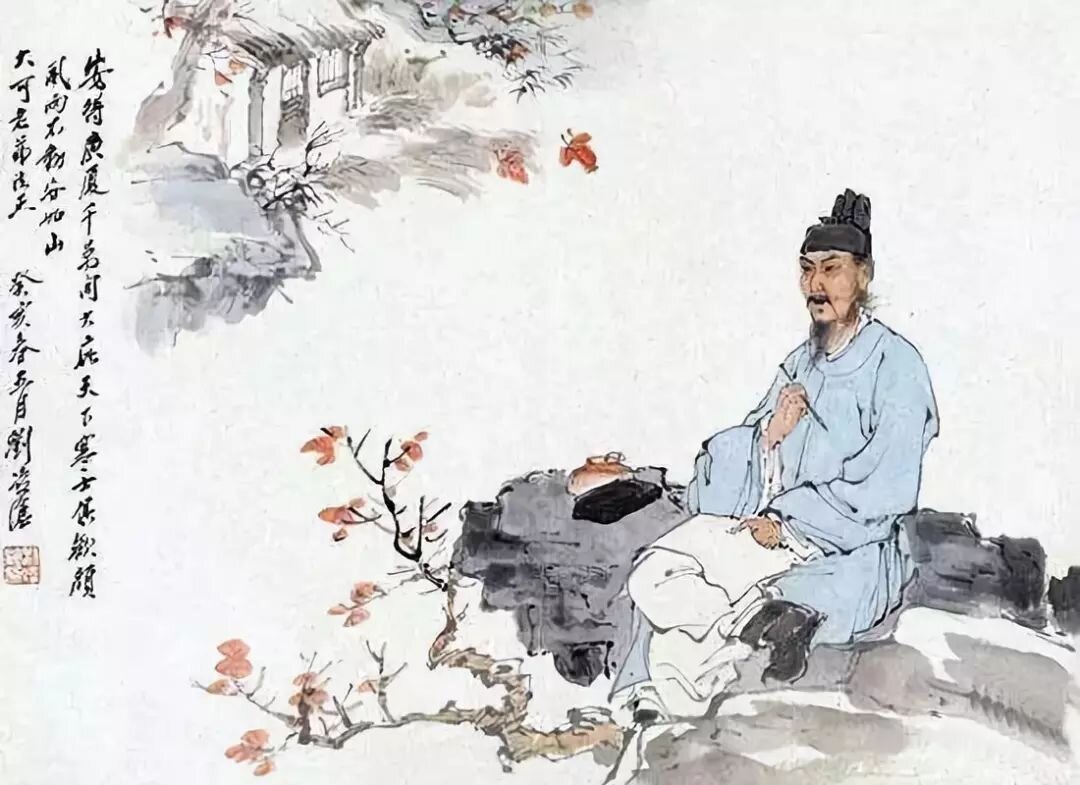
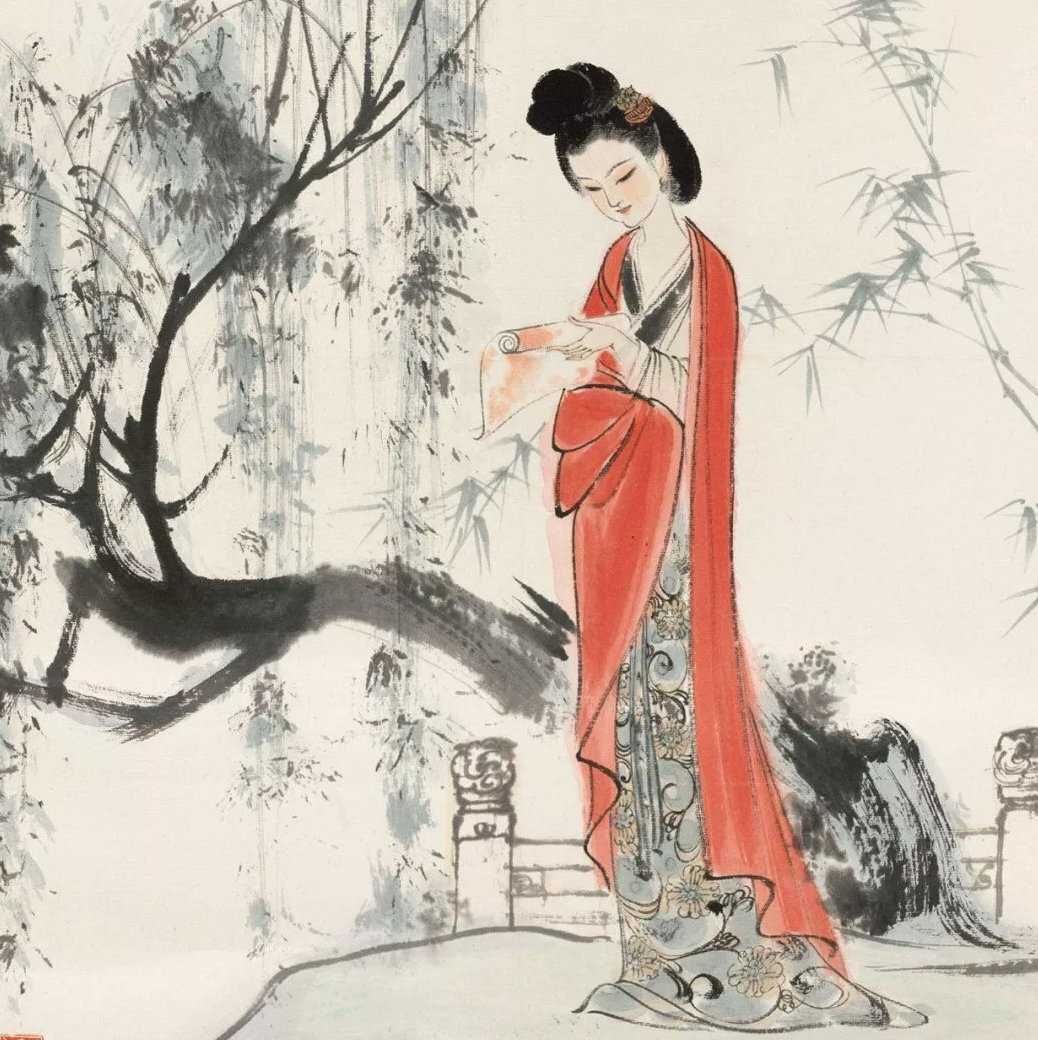
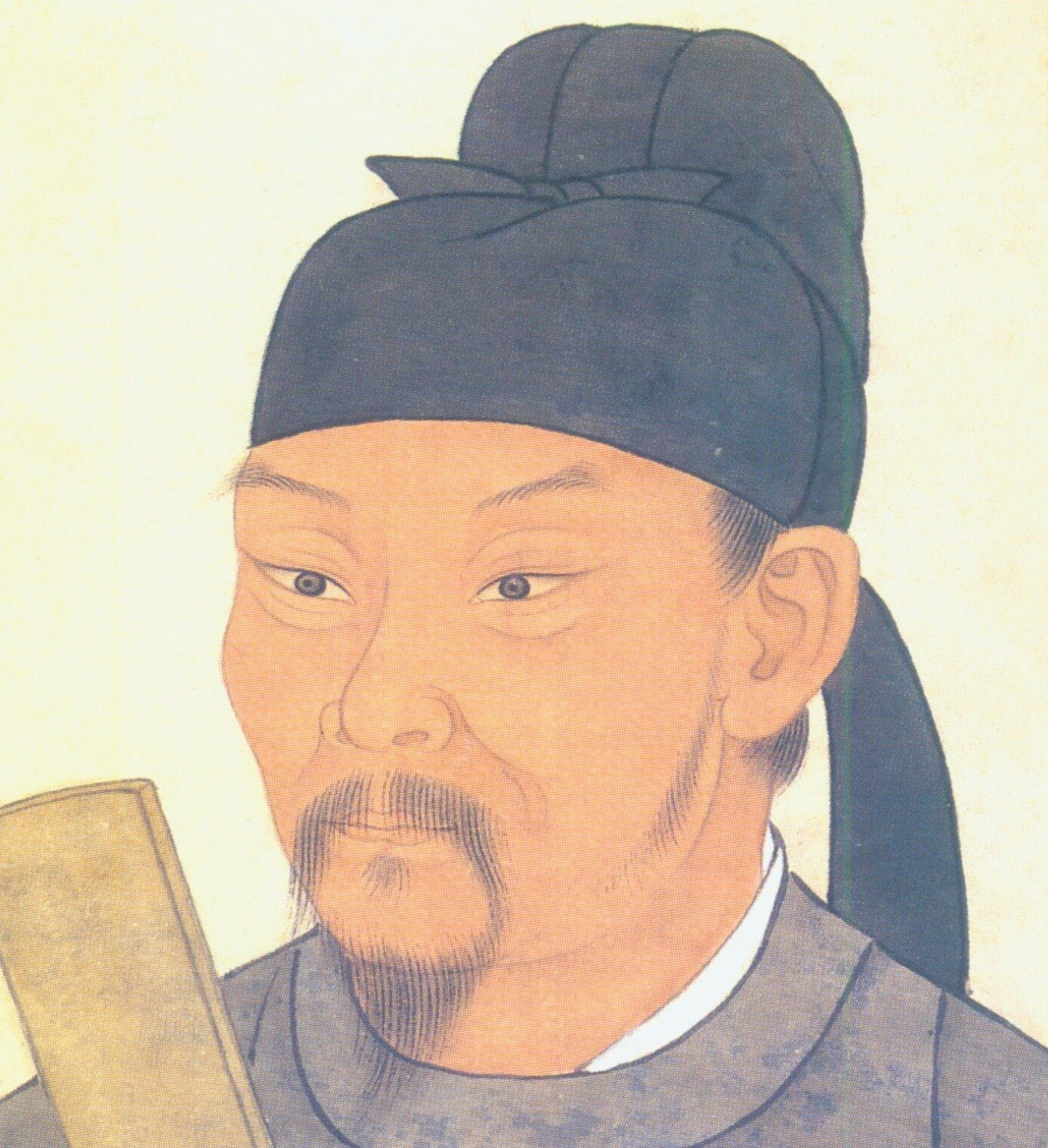
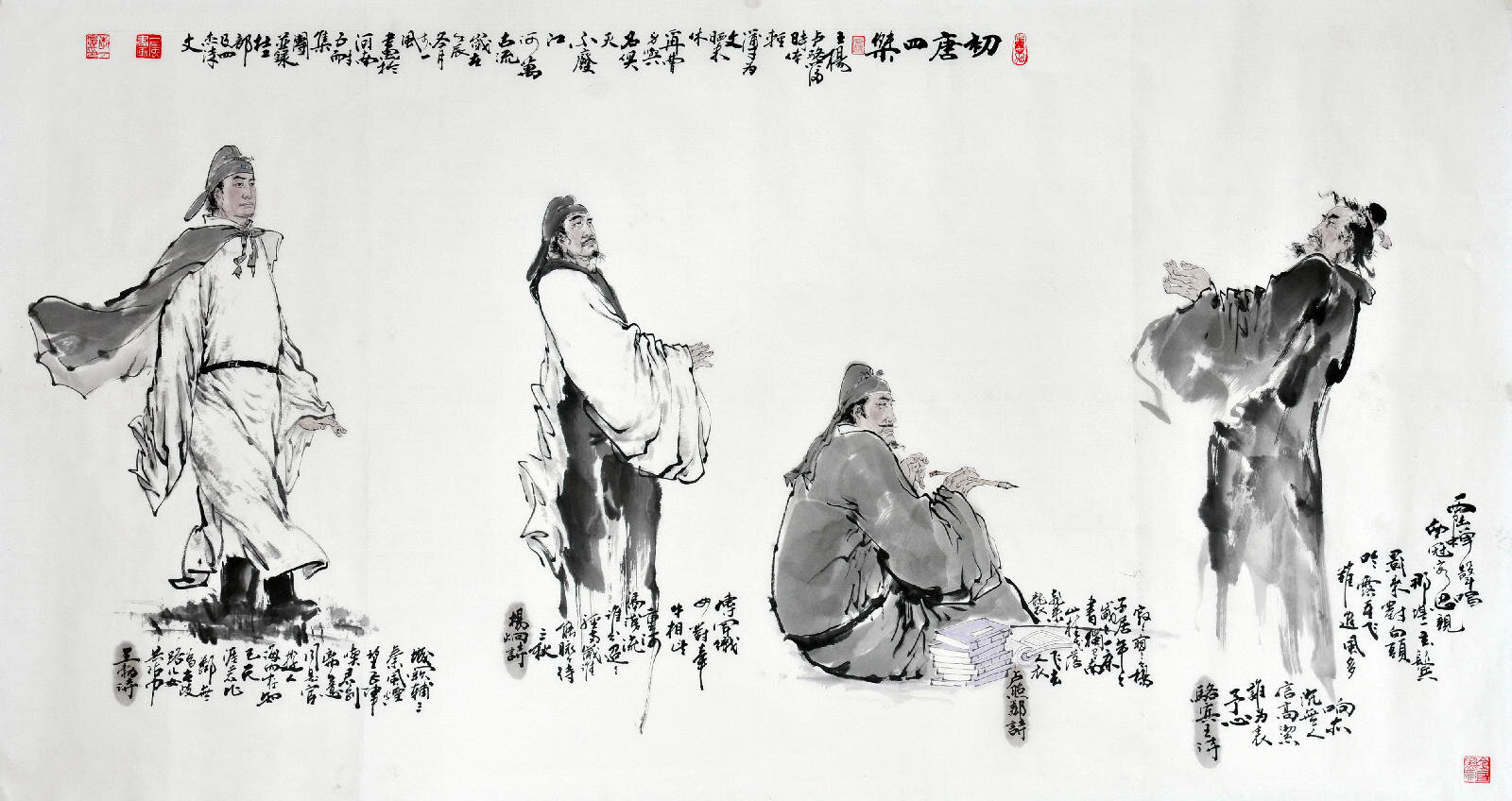
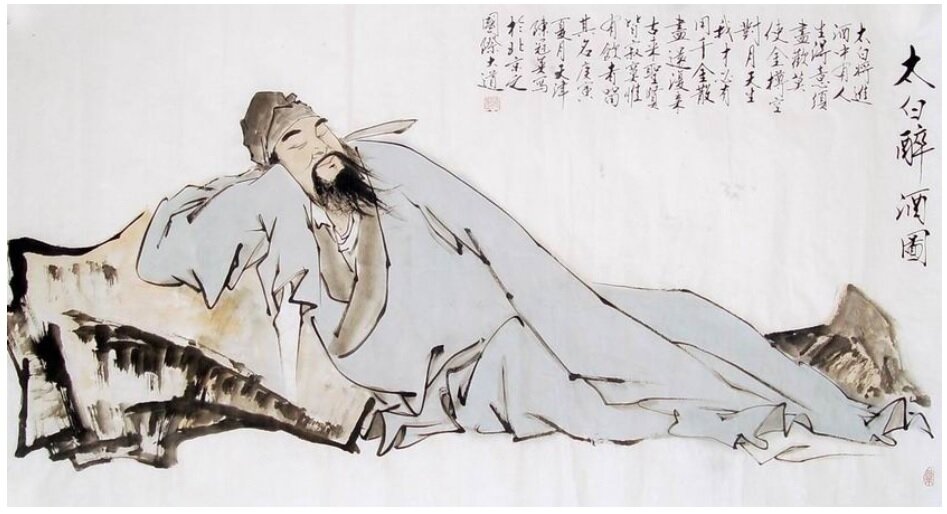

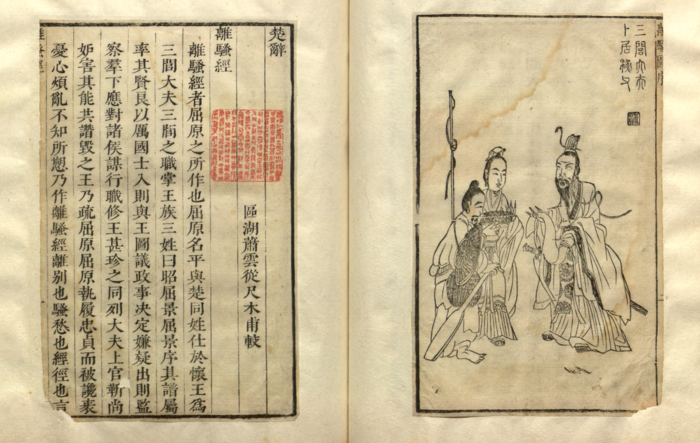
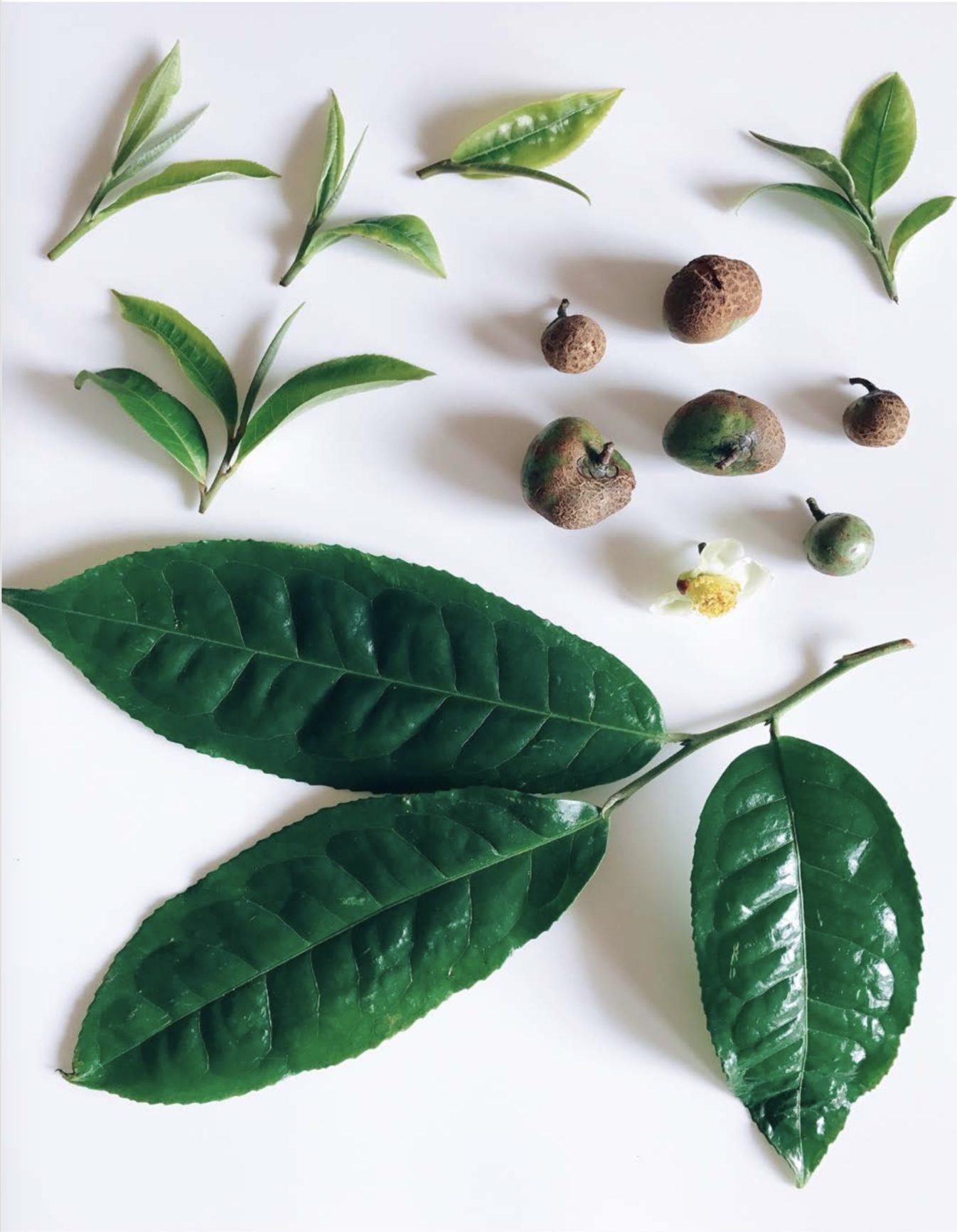
Fellow cat lover (ailurophile) Lee Moore of the Chinese Literature Podcast joins Laszlo for this CHP Special Episode where they chat about cats in Chinese history.